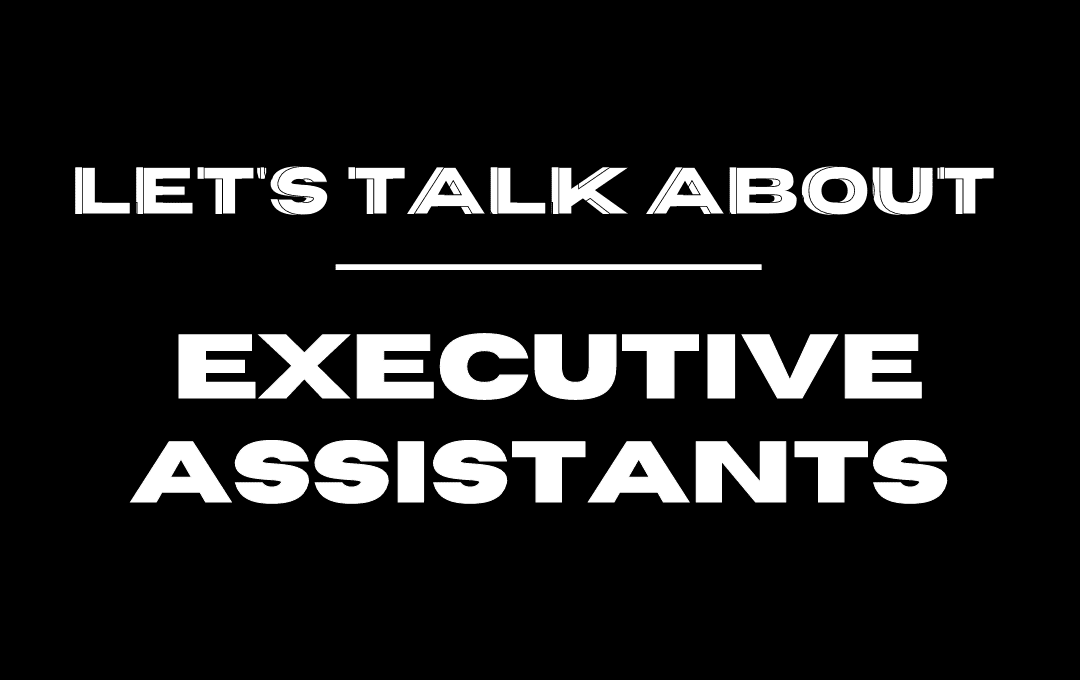After a brief hiatus, I started #DamaniTalks Season II with Anil Joshi, Managing Partner at Unicorn India Ventures, last night, and I want to talk about the EA position.
I have known Anil for over 8 years, and I credit him for introducing me to angel investing. He raised the flag for angel investing in India when it got spoken about in hushed tones. His efforts in scaling Mumbai Angels created an incredible impact on the early-stage venture capital ecosystem.
During my research for the episode, I found out that Anil had been an Executive Assistant (EA) during his formative professional years. In India, the EA role gets misunderstood as an administrative function; therefore, most people would hide their EA stint. Anil displays his 2-year EA stint on his LinkedIn profile – I knew that he had a great story to tell there.
In my professional career, I was in a de-facto EA position, which is why I have a tremendous amount of respect for excellent executive assistants.
Given an opportunity of two EAs talking to each other, I urged Anil to speak about the role, its importance, and, most notably, its impact on Anil’s career. Here is an excerpt on his EA role from our conversation:
As Anil states, an Executive Assistant gets a helicopter view of the business with the clear intention to take over an executive management role in 2-3 years. The timeline could get longer if the purpose is to groom someone for a C-suite role.
An EA role should not be that of a glorified personal assistant, from the perspective of the management or of the employee. The position holds a significant amount of power, and the EA is not only supposed to represent the executive they work with; in many cases, they must also decide on behalf of that person!
I have had executive assistants for as long as I can remember. My last Executive Assistant is the current COO at Artha Group, the one before founding an events management company. Hopefully, I have given them a ton of varied experiences and decisional latitude to expand their horizons, preparing them for their current and future leadership roles.
Simply put, an EA role is the fast track into a position of power and authority, and it should not (and does not) handed out to anyone that will bite. The roles require you to get organized, be well-read, trustworthy to keep organizational secrets, be fiercely loyal, lead meetings, provide well thought out opinions, and do whatever it takes to increase your boss’ productivity. It is one of the most challenging professional experiences for which one could sign up.
But Anil and I can tell you from our EA experiences that those were the highlights of our careers.
Here are some Executive Assistant and the notable assignments that they are doing today
- Natarajan Chandrasekaran – Chairman of Tata Sons and ex-CEO of TCS
EA to Subramaniam Ramadorai
- Sonjoy Chatterjee – Chairman of India Operations of Goldman Sachs
EA to KV Kamath
- Rajiv Dube – Former Executive Director of Aditya Birla Group
EA to Ratan Tata
- Debashish Vanikar – President of Pidilite Industries
EA to Kumar Mangalam Birla
Check out my alternative rewards system for top-performing team members here!






